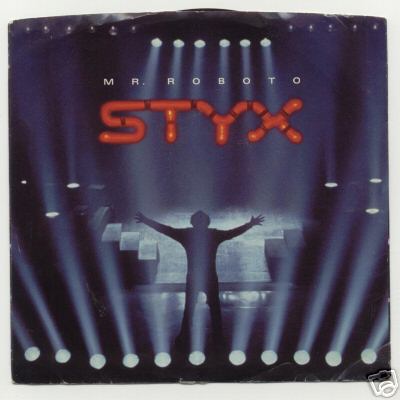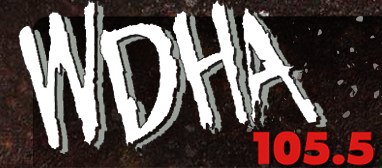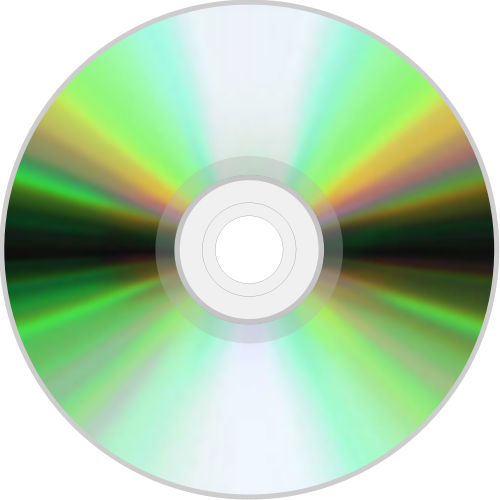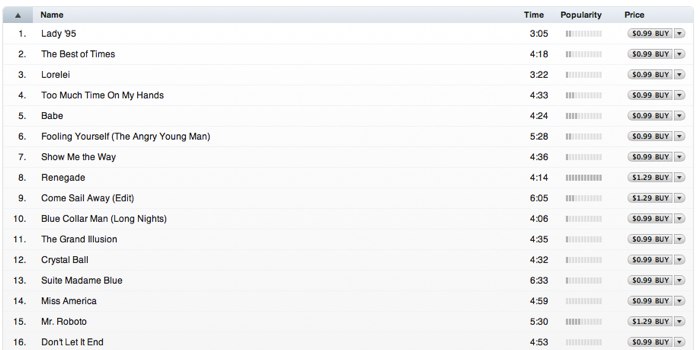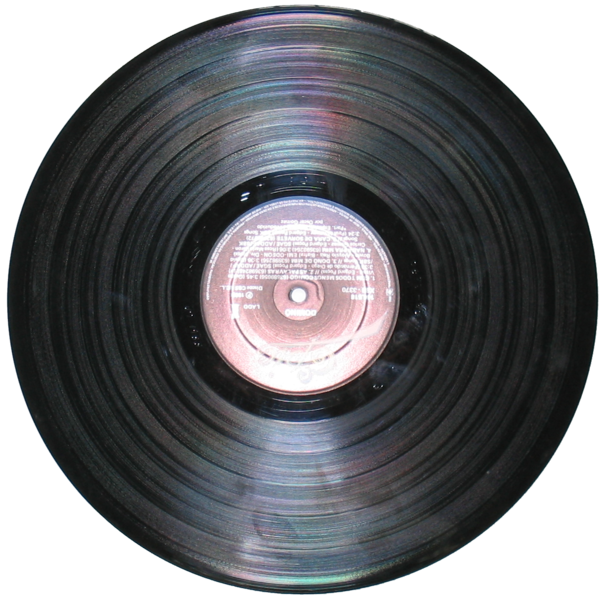
Last night I encountered the most elusive of musical creatures… the perfect album. That’s right, last night I listened to an album and when all eleven tracks were done playing I realized that I had not been tempted to skip a single song. I liked every single one… hence… the perfect album.
I won’t even bother to mention the particular album since “likes” and “dislikes”, let alone “perfect”, are highly subjective with it comes to musical taste, but it did get me thinking about the state of the musical experience. More accurately, it made me realize what a shame it is that albums are a dying breed and, as a result, fewer and fewer people will get to enjoy the “aha!!” moment I had when running into such an album.
For those who have never seen one in the wild, an “album” predates the iTune’s. It is a collection of songs that are released together in a single format and, as such, are intended to be enjoyed as a unit. When I was a kid albums were also called LPs (long-playing records). According to Wikipedia,
Long-playing (LP) record albums are 33? rpm vinylgramophone records (phonograph records), generally either 10 or 12 inches in diameter. They were introduced unsuccessfully by RCA in 1931 and successfully by Columbia in 1948, and served as a primary release format for recorded music until the compact disc began to significantly displace them by beginning of 1988. In the 21st century, a renewed interest in vinyl has occurred and the demand for the medium has been on a steady increase yearly in niche markets.[1] The long-playing record is an analog format. The digital recording of sound was only made practical by the technical advances in microprocessors and computing which occurred in the 1970s and 1980s.
Sadly, when I tried to type “LP” the first few times my iPad didn’t even recognize it. That is how far we have come from the days of the long-paying record album.
An album draws together a series of tracks that the artist or record producer thought belonged together. These eight to twelve individual songs are tied together and a larger unit is created.
Sometimes the grouping of songs, that is the “album”, has an over-arching theme or storyline such as Styx’s “Kilroy Was Here”. (Hey, love it or hate it the album was and remains a pretty darn creative work by Dennis DeYoung and crew and Mr. Roboto is a classic…) At other times the album is just a collection of tracks by the artist with no clear relationship from one to the next other than being created by the musician or band at one specific point in their musical evolution. (Hence the reason individual albums often hold together far better than greatest hits collections.)
I came of age listening to WDHA “The Rock of North Jersey” (now just “New Jersey”). They really got the concept of the album and, as a result, would play an entire album each night at 11:00pm with just one break as they flipped the vinyl over and paid the bills with a commercial or two. (Yes Virginia, there was a day when albums had an “a” and a “b” side.) I must confess I spent many a night waiting until 11pm so I could hit “record” on my tape deck and let the recording run straight through. (I know… not good… but I was a kid and I DID end up buying most of the albums I recorded just so I could have the vinyl and the album cover and insert art.)
The thing about purchasing and listening to an album was that on any given album there would usually be a couple of songs you loved, a couple of songs that were just okay and one or two you didn’t like at all. And because vinyl (and later cassette tapes) made it difficult to jump from one track to another you usually just ended up enduring the tracks you didn’t like. (That is, unless you made your own mix tape.) The upside of purchasing an album was that you would purchase (or record) an album because you liked a track or two and then, once you were listening to it, discover a few more that you liked or loved but would never have heard had you not gotten the album in the first place. In fact, often the “best” track on the album often ended up being one that you would never have even heard were it not included on the album.
Then along came the CD.
The digital nature of the new medium meant it was suddenly possible, and easy, to jump from one track to another. This was, on one level, a great thing since it meant that when you got to a track you didn’t like you could simply skip it. There was, however, a downside. You see, sometimes it takes more than a listen or two to like or even appreciate a song. Give it some time and a track you didn’t like initially might actually become a favorite.
(I had this experience with Massive Attacks “Heligioland”. I didn’t like the album at all the first time I heard it. By the second or third listen, however, it became a current favorite.) Skip the song because you didn’t like it the first time and this might never happen.
There was another issue with the new “skip ability” of digital music- it paved the way for the “iTunes single download”.
Nowadays it is far more likely for someone to download a song or two for $.99 or $1.29 each rather than buy the entire album for $10 or so. Sure, it is more cost effective and means you don’t “waste” money on tracks you don’t like but it also means the other tracks on an album (often the “better” ones) go unheard and the ones that take a few times to appreciate and enjoy are never given a chance. Yes, I know 45s existed in parallel with lps but they were largely the gateway to buying an album. And even when they weren’t, at least they included a “b” side track so you were exposed to one more song than the one you actually bought.
And that is the shame with the current situation. The practice of individual downloaded tracks narrows the end-user’s music experience and keeps them from being exposed to the larger catalogue of an artist’s work. Just as RSS feeds just give us the specific news we want and, in the process, limits our field of knowledge and understanding of world events, individual musical downloads limit the musical experience we might otherwise have.
In short, iTunes (and to a lesser degree Amazon’s digital downloads) have brought the album to the edge of extinction. It is a shame for a host of reasons, not the least of which is that it means people will never have the wonder of the experience I had last night when I realized I had discovered a “perfect album”.
